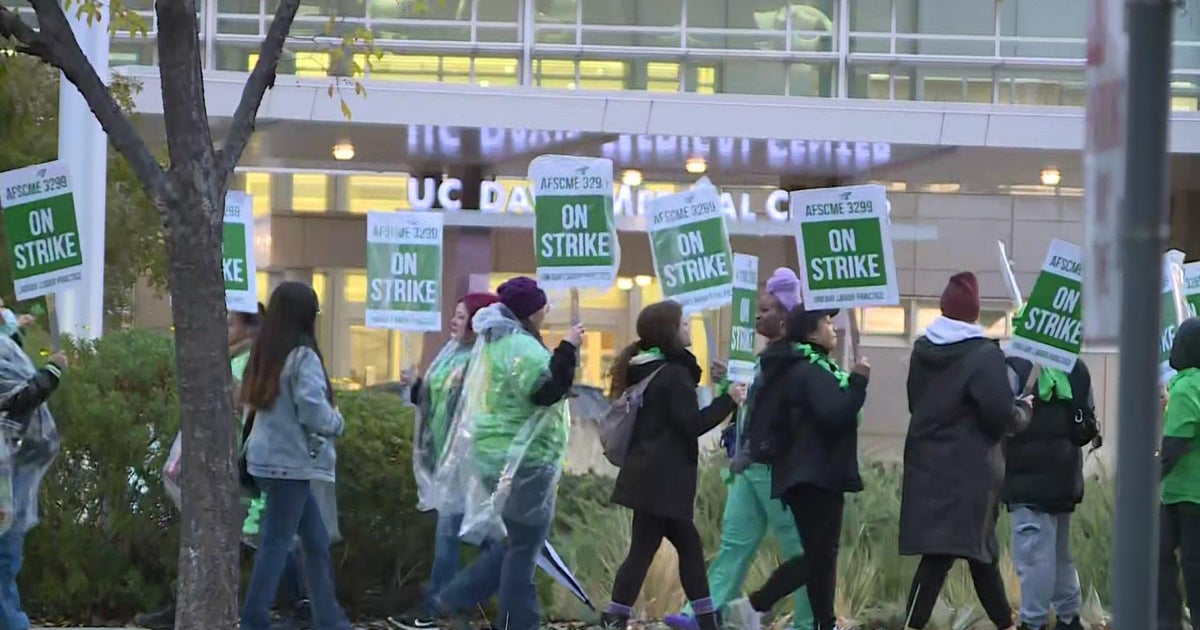UC Davis Health opens first trauma recovery center in Sacramento region, helping victims of violent crime heal
SACRAMENTO -- UC Davis Health is on a mission to help victims of violent crime in new ways.
The existing CAARE Center opened the doors to its first physical patient care location on September 5.
The new Trauma Recovery Center (TRC) is now the 25th of its kind in the state of California, but the first in the Sacramento region.
"Mental health and physical health are so intertwined, you can't have one without the other. You have to tend to the whole person," said Michele Ornelas Knight, TRC director and clinical psychologist.
The new center focuses on helping patients who have suffered violent injuries after they are released from the hospital, which in some cases is when the hardest healing begins.
For years, CAARE has focused on serving the most underserved communities. The opening of the TRC helps them connect with more people than ever before.
"We're trying to reach the most vulnerable. That's what we're here for," Ornelas Knight said. "Just like with raising a child, it takes a community. It takes a community to help survivors of crime."
The center saw its first patients on opening day Thursday.
At first, the TRC will focus on patients that range from infants to those aged 30. They plan to one day be able to serve all ages.
For the first few months, they will intake patients from UC Davis Medical Center and then expand to accepting referrals from the entire community, meaning they can grow to serve people who have not only been injured by violent crime but perhaps significantly impacted by it.
"So survivors of trauma can be served with dignity and humility and really be able to come to a place where they feel safe," said Ornelas Knight. "If you think about a victim of crime coming to a hospital setting, many of those victims do not have access to services."
First, UC Davis Health's Wraparound Program sends its violence intervention specialists to the bedside of young victims of violent crime.
"We work with individuals who are 13 to 30 years old who have been shot stabbed and assaulted and we provide those resources for them as well as mentoring," said one of those specialists, Chevist Johnson.
His job is to make sure these patients know that there is hope and help.
"We want to give them an outlook of hey, this is a second chance. What happened to them does not define who they are or what the rest of their life looks like," Johnson said. "We come from those same communities. We have some of the same histories and backgrounds and family upbringings. So we really identify with what they are going through."
Johnson can now refer those patients directly to the TRC to receive long-term therapy and social services, and help with food, housing and employment when needed.
All of the care comes at no cost to the patient.
"The goal of the TRC is to eliminate barriers. To be able to say, here, I can help you navigate, I can help you get back on your feet," said Ornelas Knight.
Ornelas Knight says data gathered from the outcomes of the other existing TRCs in California showed not only a decreased rate of depression and PTSD in its patients but that these services can also lead to reduced crime in communities.
The next closest TRC to Sacramento is in San Francisco.
The center was funded through a $1.2 million grant from the California Victim Compensation Board.



